
Carolyn Gramling is the Earth & Climate writer at Science News. Previously she worked at Science magazine for six years, both as a reporter covering paleontology and polar science and as the editor of the news in brief section. Before that she was a reporter and editor at EARTH magazine. She has bachelor’s degrees in Geology and European History and a Ph.D. in marine geochemistry from MIT and the Woods Hole Oceanographic Institution. She’s also a former Science News intern.

Trustworthy journalism comes at a price.
Scientists and journalists share a core belief in questioning, observing and verifying to reach the truth. Science News reports on crucial research and discovery across science disciplines. We need your financial support to make it happen – every contribution makes a difference.
All Stories by Carolyn Gramling
-
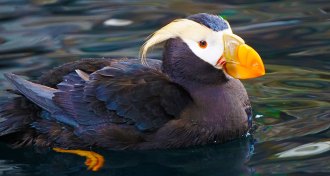 Climate
ClimateThousands of birds perished in the Bering Sea. Arctic warming may be to blame
A mass die-off of puffins and other seabirds in the Bering Sea is probably linked to climate change, scientists say.
-
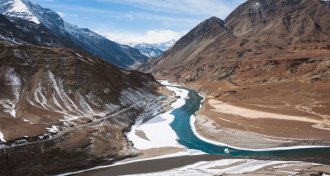 Climate
ClimateHimalayan glacier melting threatens water security for millions of people
Asia’s glaciers are melting faster than they are accumulating new stores of snow and ice.
-
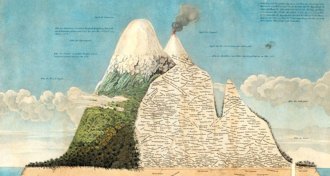 Earth
EarthThis iconic Humboldt map may need crucial updates
A seminal, 212-year-old diagram of Andean plants by German explorer Alexander von Humboldt is still groundbreaking — but outdated, researchers say.
-
 Paleontology
PaleontologySigns of red pigment were spotted in a fossil for the first time
For the first time, scientists have identified the chemical fingerprint of red pigment in a fossil.
-
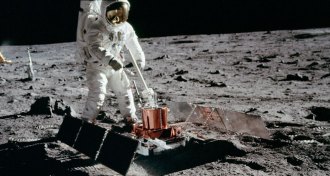 Planetary Science
Planetary ScienceApollo-era moonquakes reveal that the moon may be tectonically active
Moonquakes recorded decades ago suggest the moon is tectonically active. Knowing more about that activity could help scientists identify where to land future spacecraft.
-
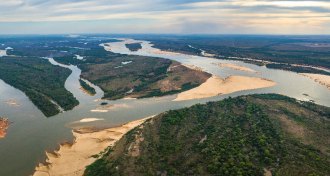 Earth
EarthOnly a third of Earth’s longest rivers still run free
Mapping millions of kilometers of waterways shows that just 37 percent of rivers longer than 1,000 kilometers remain unchained by human activities.
-
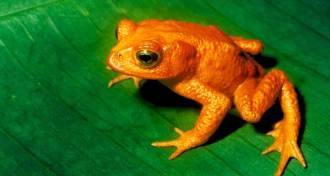 Life
Life1 million species are under threat. Here are 5 ways we speed up extinctions
One million of the world’s plant and animal species are now under threat of extinction, a new report finds.
-
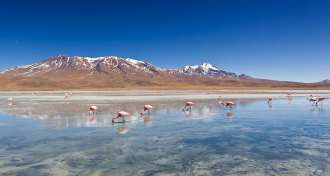 Earth
EarthThe search for new geologic sources of lithium could power a clean future
Futuristic clean-energy visions of electric vehicles are driving the hunt for lithium.
-
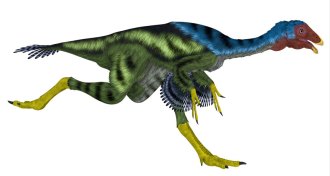 Paleontology
PaleontologyA dinosaur’s running gait may reveal insights into the history of bird flight
In what may have been a precursor to avian flight, a flightless winged dinosaur may have flapped its wings as it jogged.
-
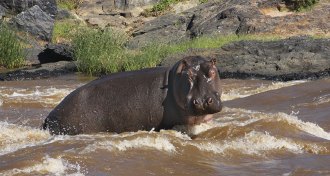 Animals
AnimalsHippo poop cycles silicon through the East African environment
By chowing down on grass and then excreting into rivers and lakes, hippos play a big role in transporting a nutrient crucial to the food web.
-
 Earth
EarthDry sand can bubble and swirl like a fluid
Put two types of sand grains together in a chamber, and they can flow like fluids under the right conditions.
-
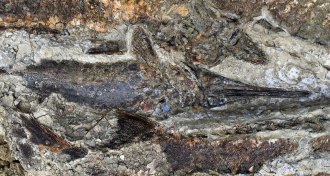 Science & Society
Science & SocietyHow we reported a controversial story about the day the dinosaurs died
Here’s how we covered the story of new fossils found in the Tanis site in North Dakota, including the story’s more controversial elements.